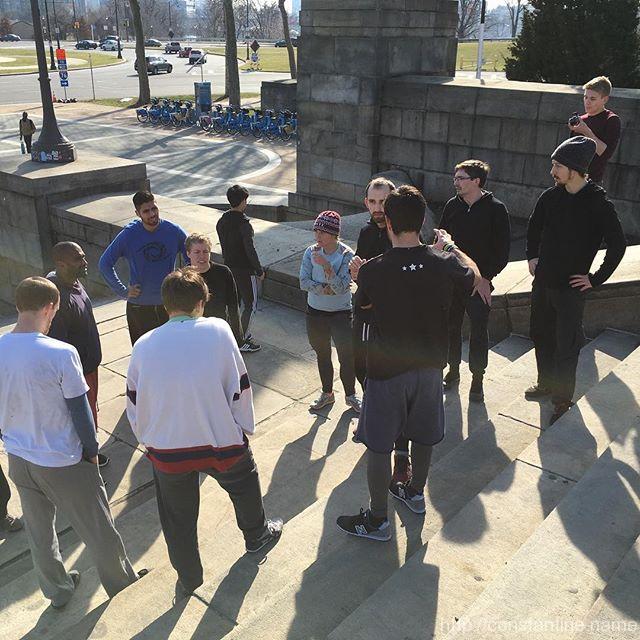I’ve tried the apps. The ones that want you to log every meal. The ones with streaks you’re terrified to break. The ones that send notifications when you haven’t checked in, like a needy friend who keeps score.
They work for a while. Then I miss a day, or a week, and the guilt piles up until I delete the app entirely. I end up feeling worse than before I started.
Streaks. Badges. Red notification bubbles. I can’t sustain a relationship with an app that demands daily proof of my commitment.
What if it didn’t demand anything?
Most things built to help people eat better demand attention. They want you to log meals, hit streaks, earn badges, check dashboards. They need you to need them.
I built something quiet instead. One email. Once a day. No tracking. No streaks. No notifications. Just a question—a small thing to notice about how you actually eat.
If you open it, good. If you don’t, it doesn’t guilt you. There’s no streak to break. Tomorrow, another one arrives, same as today.
I think this matters because attention is finite and food is forever. I can’t sustain a relationship with an app that demands daily proof of my commitment. The prompts ask almost nothing. They just show up.
365 Changes: A daily prompt about eating — https://365changes.com/
ɕ











